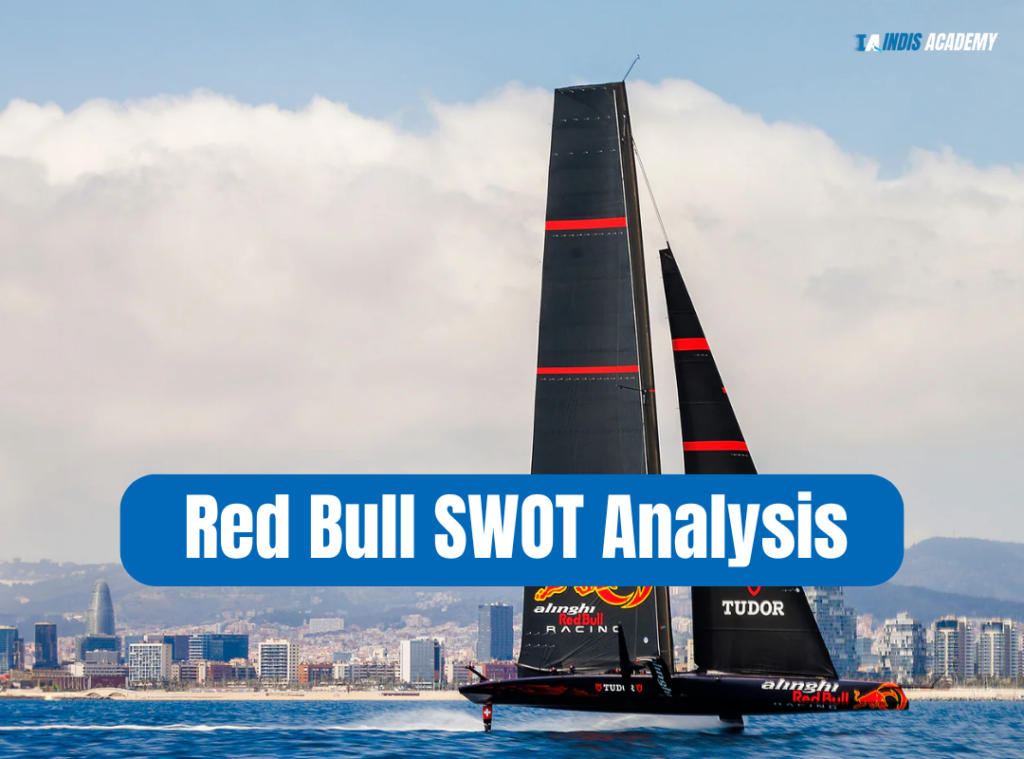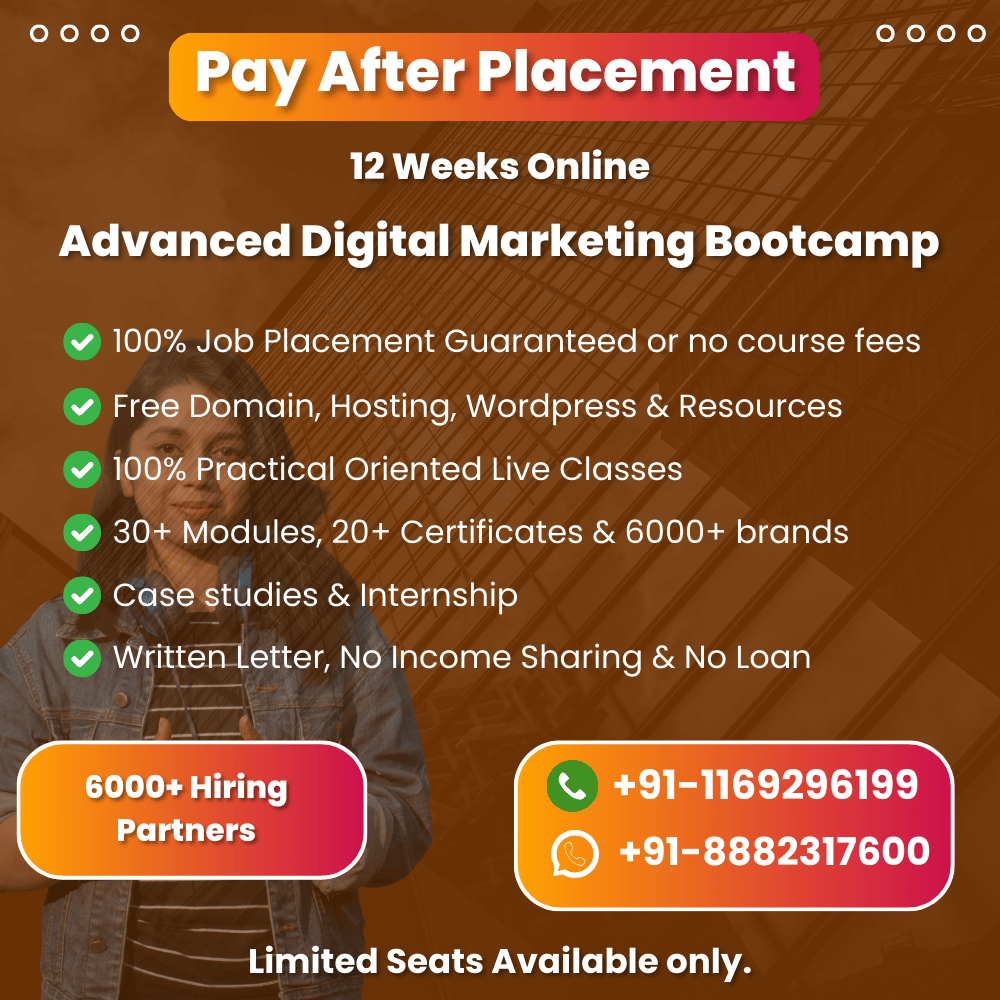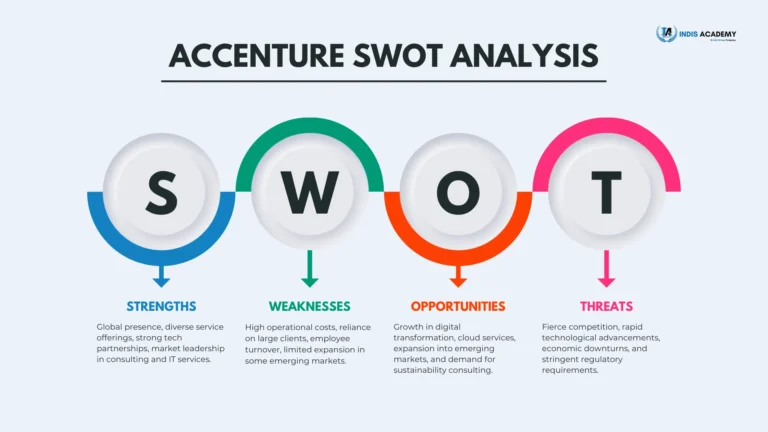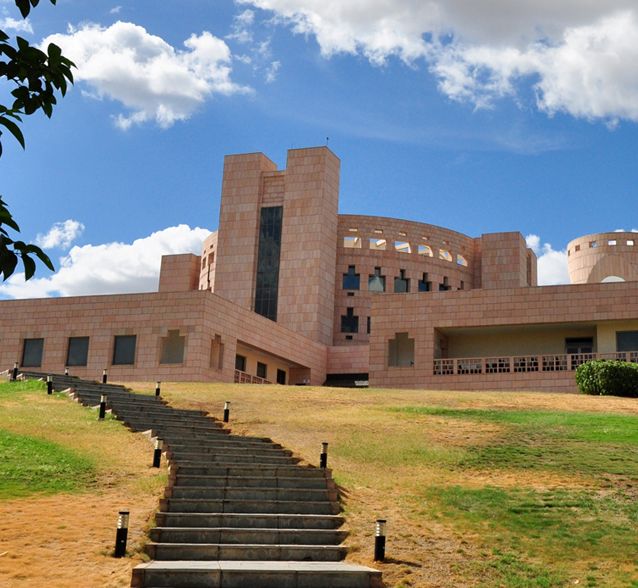Imagine you’re sitting down with a friend, sipping on a can of Red Bull, and they ask, “What’s this SWOT analysis thing everyone talks about?” Well, a SWOT analysis is like a comprehensive health check-up for a business.
It stands for Strengths, Weaknesses, Opportunities, and Threats. This nifty tool helps companies understand what they’re really good at, where they could improve, the opportunities they can seize, and the potential challenges they might face.
Now, let’s take Red Bull, for example. This iconic energy drink isn’t just a beverage; it’s a brand that has revolutionized the market with its bold marketing and unique positioning. By doing a SWOT analysis on Red Bull, we can get a clearer picture of its strategic position in the industry.
We can delve into what makes Red Bull so powerful, like its strong brand presence and innovative marketing. We can also uncover any weaknesses it might have, such as market saturation or dependency on a single product line. Plus, we can explore opportunities for growth and expansion, and keep an eye out for any threats from competitors or changing consumer preferences.
So, doing a SWOT analysis for Red Bull is essential because it helps us understand the full landscape of the company’s strengths and challenges, guiding better business decisions and strategies.
In-Depth Red Bull SWOT Analysis
Red Bull is more than just an energy drink; it’s a global phenomenon that has taken the world by storm since its launch in 1987. Founded by Dietrich Mateschitz, Red Bull was inspired by a Thai beverage that Mateschitz discovered and adapted to suit Western tastes.
With a mission to “give wings to people and ideas,” Red Bull has carved out a unique niche in the beverage industry. Its edgy marketing, sponsorship of extreme sports, and innovative branding have made it a household name. Whether you need a boost during a long day or an adrenaline rush, Red Bull is there to energize and invigorate.
Here’s a quick overview of Red Bull:
| Attribute | Details |
|---|---|
| Founding Date | 1987 |
| Founder | Dietrich Mateschitz |
| Company Size | Approximately 12,000 employees |
| Country | Austria |
| Key Factors | Innovative marketing, strong brand presence, sponsorship of extreme sports |
Red Bull’s impact on the industry is undeniable, setting a high standard for energy drinks and creative marketing.
Red Bull Products & Competitors
When you think of energy drinks, Red Bull is probably the first name that comes to mind. But did you know that Red Bull offers a variety of products beyond its classic energy drink?
The original Red Bull Energy Drink is known for its distinctive taste and ability to boost energy and focus. For those watching their sugar intake, Red Bull Sugarfree provides the same benefits without the calories. Then there’s Red Bull Total Zero, offering zero calories and zero sugar for a guilt-free energy boost.
If you’re looking for something a bit different, Red Bull Editions bring unique flavors like Tropical, Blueberry, and Watermelon to the table, each with the same energy-boosting formula.
But Red Bull isn’t the only player in the energy drink game. Key competitors include Monster Energy, which offers a wide range of flavors and sizes, and Rockstar Energy, known for its bold marketing and extensive product lineup.
Another strong competitor is Bang Energy, which focuses on high-performance drinks with added ingredients like amino acids and super creatine. Additionally, 5-hour Energy offers a different approach with its small, potent energy shots designed for quick consumption.
Here’s a quick overview of Red Bull’s competitors:
| Competitor | Description |
|---|---|
| Monster Energy | Known for its extensive variety of flavors and sizes, Monster Energy targets extreme sports enthusiasts and has a strong presence in the music scene. |
| Rockstar Energy | Offers a wide range of energy drinks, including sugar-free and organic options, with bold marketing strategies focusing on the action sports lifestyle. |
| Bang Energy | Specializes in high-performance drinks with unique ingredients like super creatine and amino acids, appealing to fitness enthusiasts. |
| 5-hour Energy | Provides small, potent energy shots that are easy to consume quickly, ideal for a fast energy boost without the bulk of a traditional energy drink. |
Understanding Red Bull’s product range and its competitors gives us a clearer picture of the energy drink market. Each brand has its unique strengths and caters to different preferences, making the competition both fierce and exciting. Whether you’re a loyal Red Bull fan or exploring other options, there’s an energy drink out there to match your needs.
Red Bull SWOT Analysis
A SWOT analysis of Red Bull helps us understand the company’s strengths, like its strong brand and innovative marketing, as well as its weaknesses, such as reliance on a single product. It also highlights opportunities for growth in new markets and potential threats from competitors. This analysis is essential for grasping Red Bull’s strategic position and guiding its future business decisions.
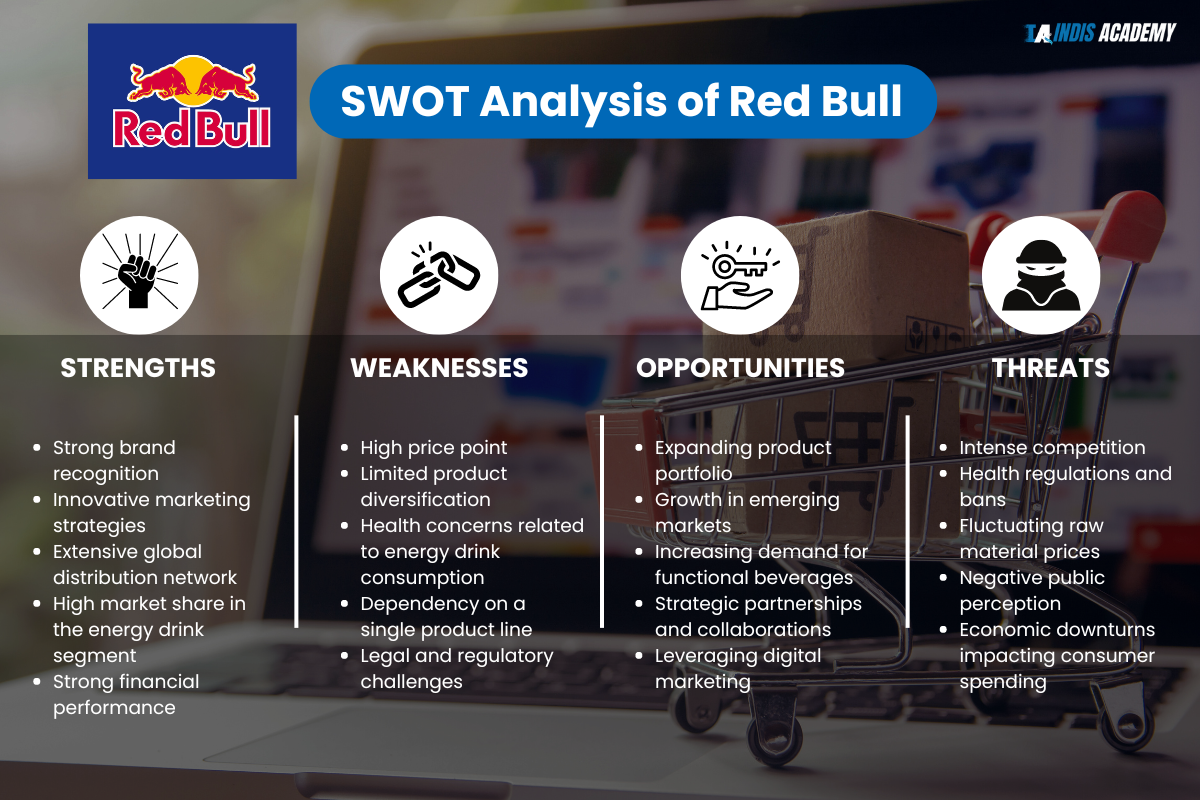
Strengths
- Strong Brand Identity: Red Bull is synonymous with energy drinks. Its iconic logo and tagline, “Red Bull gives you wings,” are recognized worldwide, establishing a powerful brand identity that resonates with consumers.
- Innovative Marketing: Red Bull’s marketing strategies are legendary. From sponsoring extreme sports events to owning sports teams like Red Bull Racing in Formula 1, the brand’s marketing is bold and adventurous, perfectly aligning with its energetic image.
- Global Presence: Red Bull is available in over 170 countries, making it one of the most widely recognized and consumed energy drinks globally. This extensive distribution network ensures that Red Bull remains accessible to its target market.
- Product Line Diversification: While the original energy drink is its flagship product, Red Bull has successfully expanded its product line to include sugar-free, zero-calorie, and flavored editions, catering to diverse consumer preferences.
Weaknesses
- Dependence on a Single Product: Despite its diversified flavors, Red Bull’s core product remains the energy drink. This reliance on one primary product could be risky if consumer preferences shift or if there’s an adverse market reaction.
- High Price Point: Compared to many competitors, Red Bull is often priced higher, which might deter price-sensitive consumers and limit market penetration in certain regions.
- Health Concerns: Energy drinks, including Red Bull, face scrutiny over health concerns related to high caffeine and sugar content. Negative publicity around these health risks could impact sales and brand perception.
- Market Saturation: In some regions, the energy drink market is highly saturated, making it challenging for Red Bull to grow its market share without significant investment in marketing and promotions.
Opportunities
- Expansion into New Markets: There are still untapped markets, especially in developing countries, where Red Bull can expand its presence and capture new consumer bases.
- Product Innovation: There is potential for introducing new product lines, such as energy drinks with natural ingredients, organic options, or functional beverages that offer additional health benefits.
- Digital Marketing and E-commerce: Leveraging digital marketing and e-commerce platforms can help Red Bull reach younger, tech-savvy consumers more effectively, enhancing brand engagement and sales.
- Sponsorship and Events: Expanding sponsorship and involvement in new sports and entertainment events can boost brand visibility and attract new customers, further solidifying Red Bull’s adventurous and energetic image.
Threats
- Intense Competition: The energy drink market is fiercely competitive, with strong rivals like Monster, Rockstar, and Bang Energy. This competition can impact Red Bull’s market share and pricing strategies.
- Regulatory Challenges: Increasing regulations around the sale and marketing of energy drinks due to health concerns could pose significant challenges for Red Bull, including potential restrictions and increased scrutiny.
- Changing Consumer Preferences: There is a growing trend towards healthier lifestyles, with consumers opting for natural and organic beverages. This shift in preference could reduce demand for traditional energy drinks like Red Bull.
- Economic Downturns: Economic instability and downturns can affect consumer spending power, leading to reduced sales of premium-priced products like Red Bull.
Conclusion
Wrapping up our SWOT analysis of Red Bull, it’s clear that this energy drink giant holds a robust strategic position in the market. Red Bull’s strong brand identity, innovative marketing, global presence, and diverse product line are significant strengths that fuel its continued success.
However, reliance on a single primary product, high price points, health concerns, and market saturation are notable weaknesses that Red Bull must address to maintain its competitive edge.
On the opportunity front, expanding into new markets, innovating product lines, leveraging digital marketing, and enhancing sponsorships can drive future growth and solidify Red Bull’s adventurous image.
Yet, the company must stay vigilant against threats such as intense competition, regulatory challenges, shifting consumer preferences towards healthier options, and potential economic downturns.
Strategically, Red Bull should focus on diversifying its product portfolio to mitigate dependency risks and tap into the growing demand for healthier beverages. Strengthening its digital presence and continuing to innovate in marketing and event sponsorships will also be crucial.
By addressing its weaknesses and capitalizing on opportunities, Red Bull can navigate challenges and maintain its leadership in the energy drink market.
In summary, the SWOT analysis provides valuable insights into Red Bull’s strategic position, guiding the company towards sustained growth and resilience in a dynamic and competitive industry.
Also Check: In-Depth SWOT Analysis of Pizza Hut – Complete Details

